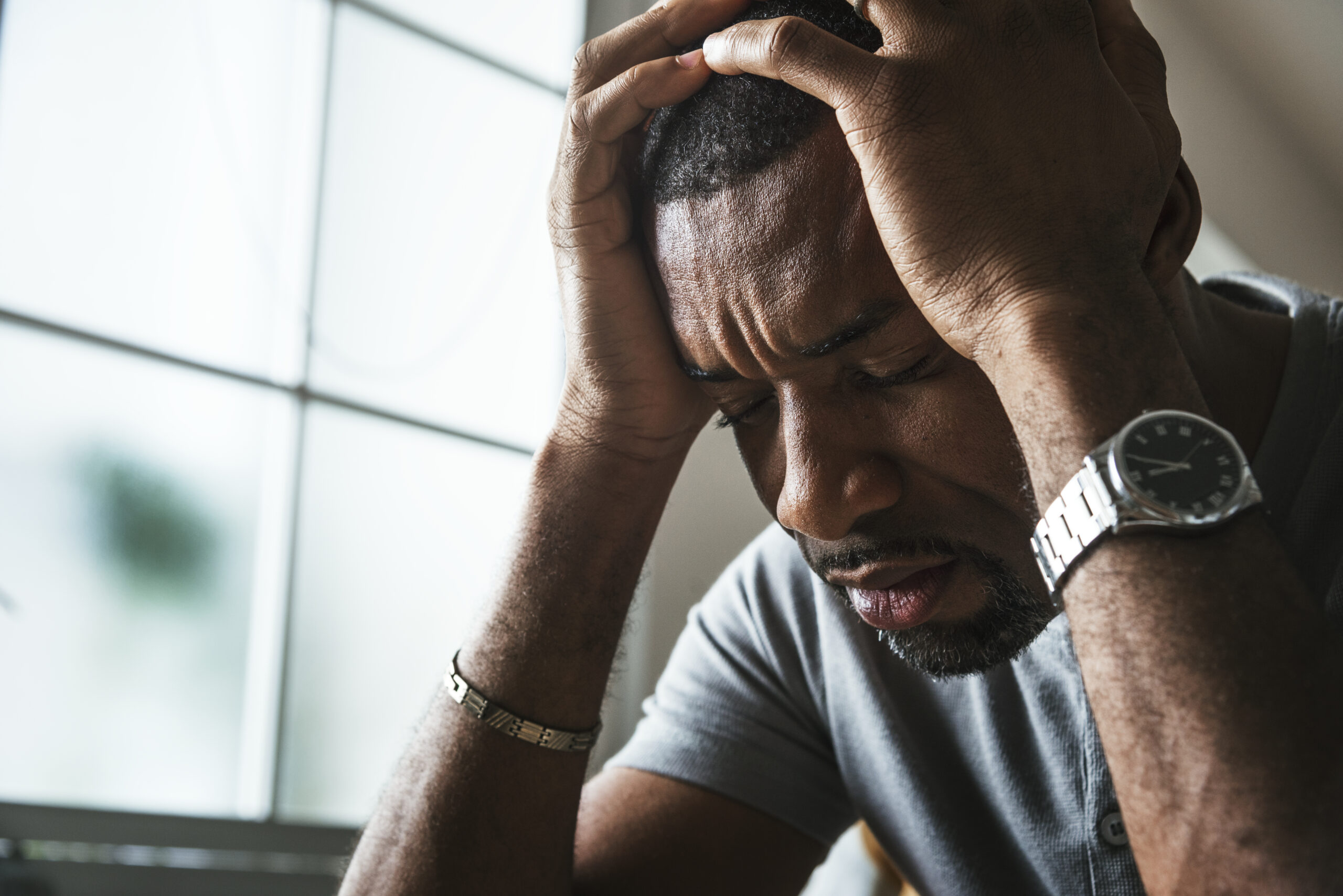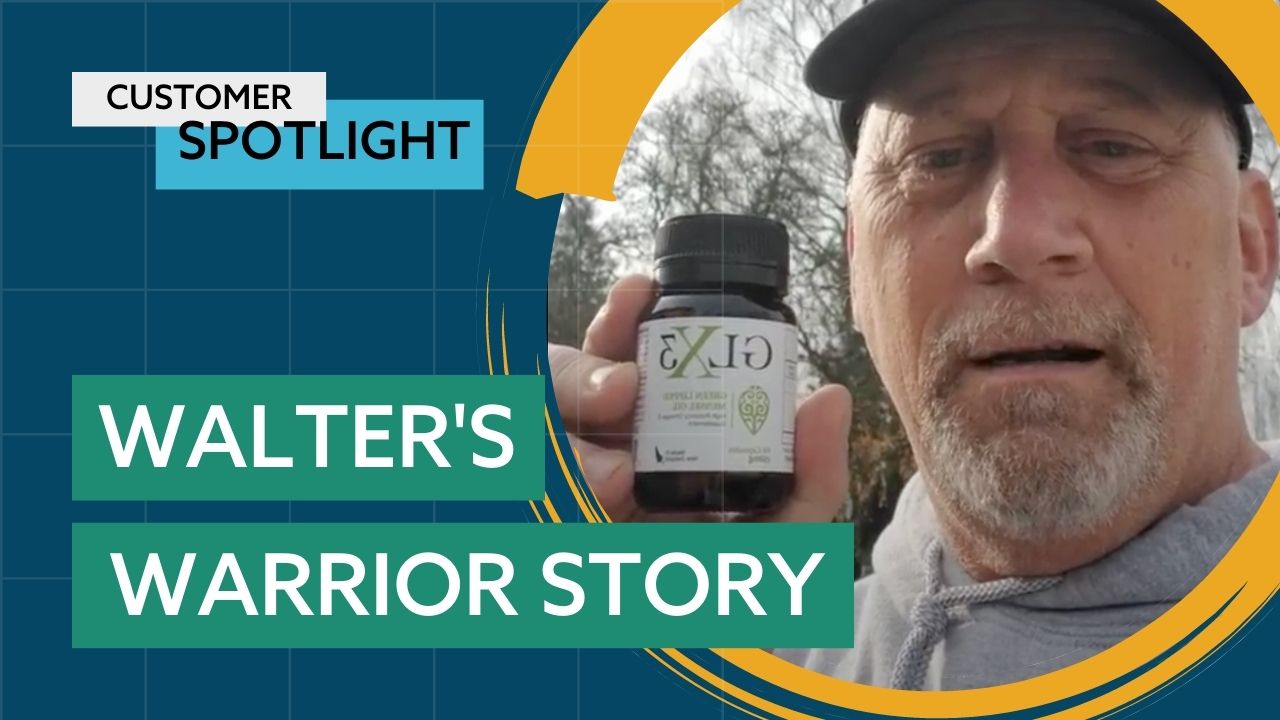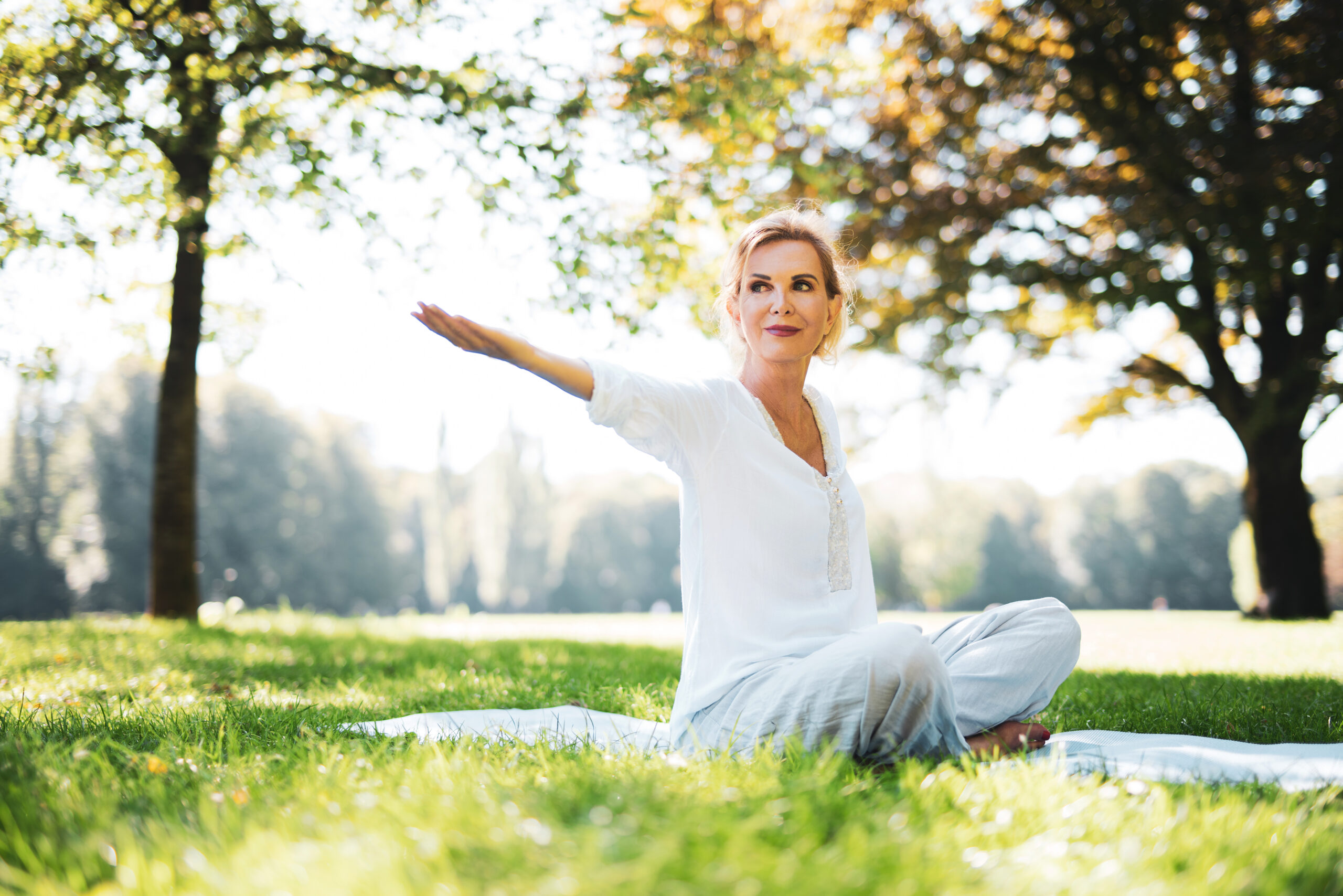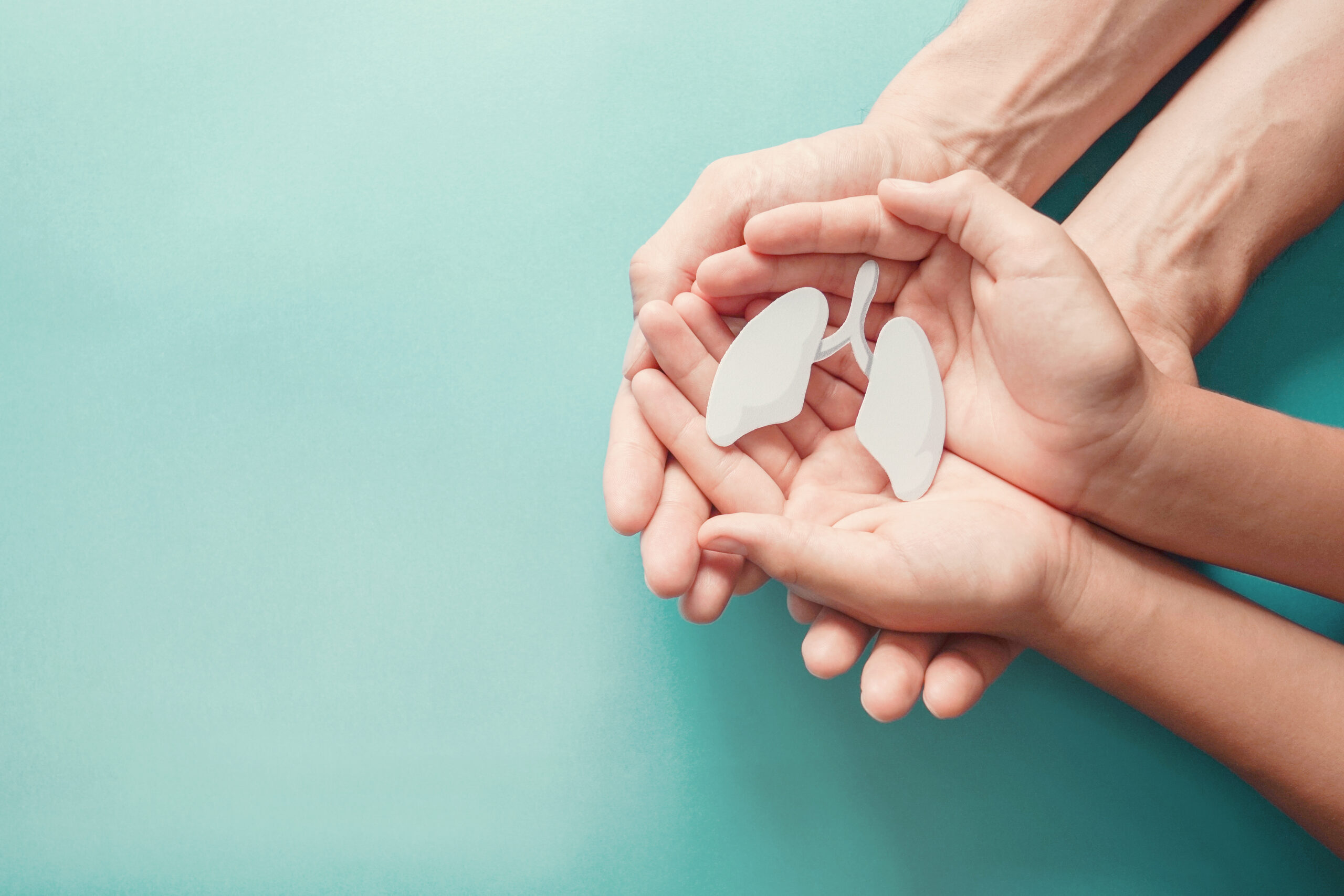It’s that time of year again—cold, dark, and often gloomy. For some, that means seasonal depression as well. Luckily, we’ve got 8 ways to naturally combat seasonal depression!
Seasonal Affective Disorder, or SAD, impacts a surprisingly large number of people. According to the American Psychiatric Association, “about 5 percent of adults in the U.S. experience SAD and it typically lasts about 40 percent of the year.” Also known as seasonal depression, SAD is a form of depression that the Diagnostic Manual of Mental Disorders describes as a major depressive disorder with a seasonal pattern.
While some experience SAD during the summer, the majority of people experience it during the colder, darker months of winter. Symptoms usually improve in the spring but for those enduring seasonal depression, the wait can be agonizing. Symptoms include:
- Feelings of sadness, worthlessness, guilt, etc.
- Cognitive difficulty (lack of concentration, inability to make decisions, etc.)
- Fidgeting (can’t sit still, pacing, etc.)
- Slow movements or slow speech
- Lack of interest in activities you previously enjoyed
- Unexplained aches and pains
- Appetite changes
- Sleep changes
- Fatigue despite increased sleep
- Suicidal thoughts
If seasonal depression is negatively impacting your daily life, you should speak with your primary care doctor. They can determine whether you need prescription medication or if you need to speak with a mental health expert.
However, there are several things you can do to naturally combat seasonal depression (both alone and in combination with your doctor’s recommendations). Read on and discover 8 ways to naturally combat seasonal depression.
Exercise to Boost Feel-Good Brain Chemicals
Whether you want to bundle up and get outside or simply hit an indoor treadmill, exercise is one of the best ways to boost feel-good brain chemicals. Even something as simple as walking for 30-60 minutes can help boost serotonin and endorphins.
HelpGuide even says, “exercise can treat mild to moderate depression as effectively as antidepressant medication. Exercise can also help to improve your sleep and boost your self-esteem.” Additionally, any sort of exercise that helps you get sunlight will help improve your mood.
Get Some Sunlight!
When we spend time outside in the sunshine, our bodies create Vitamin D. According to the NHS, “From about late March/early April to the end of September, most people should be able to get all the vitamin D we need from sunlight.” That means we naturally get much less Vitamin D from sunlight during the winter months. But why is that important?
Well, according to an international study led by the University of Georgia, a deficiency in Vitamin D impacts more than just our physical health. Low Vitamin D levels have been associated with seasonal affective disorder and a lack of sunlight.
One researcher said, “vitamin D levels fluctuate in the body seasonally, in direct relation to seasonally available sunlight. For example, studies show there is a lag of about eight weeks between the peak in intensity of ultraviolet radiation and the onset of SAD, and this correlates with the time it takes for UV radiation to be processed by the body into vitamin D.”
So, whether you need to sit in front of a window or go on a walk, get some sunlight!
Can’t Get Sunlight? Try a Light Box!
For those who can’t get outside or who can’t get enough sunlight while indoors, a lightbox might be the answer. These devices assist in light therapy, “a way to treat seasonal affective disorder (SAD) and certain other conditions by exposure to artificial light.” Lightboxes emit a bright light that’s very similar to natural outdoor light.
Harvard Health Publishing says, “Bright light works by stimulating cells in the retina that connect to the hypothalamus, a part of the brain that helps control circadian rhythms. Activating the hypothalamus at a certain time every day can restore a normal circadian rhythm and thus banish seasonal symptoms.”
A doctor may recommend you sit near a lightbox for a certain amount of time every day to positively affect specific brain chemicals associated with mood and sleep. There are several different types of light boxes, however, so it’s best to ask your doctor for a specific recommendation.
Prioritize Social Activities for Your Wellbeing
Feelings of isolation are common for those experiencing SAD. That’s why reaching out to friends and family for social support is so important. Here are a few simple ways to prioritize social activities:
- Call or email a close friend or family member
- Engage in consistent social activities so you regularly have something to look forward to (coffee with a friend, board game night, fitness class, etc.)
- Join a support group for those with depression
- Meet new people by taking a class or joining a club
- Engage in volunteer work
Try Aromatherapy for Mood Elevation
Certain aromatic compounds have anxiolytic and mood-elevating properties, which is why aromatherapy can sometimes be helpful for mild SAD symptoms. Citrus oils, for example, have been shown to reduce symptoms of depression in several studies.
For example, the Journal of Agricultural and Food Chemistry conducted a study with mice that illustrated the anti-depressive properties of the terpene limonene in naval orange essential oils.
Their results showed that “limonene inhalation significantly restored [chronic unpredictable mild stress]-induced depressive behavior, hyperactivity of hypothalamic-pituitary-adrenal axis, and the decrease of monoamine neurotransmitter levels, with downregulation of brain-derived neurotrophic factor and its receptor expression in the hippocampus. Thus, the study indicates that the improvements in neuroendocrine, neurotrophic, and monoaminergic systems are related to the antidepressant effects of limonene.”
According to Evidence-Based Complementary and Alternative Medicine, the following essential oils showed improvement in depressive symptoms:
- Lavender
- Bergamot
- Yuzu
- Rose otto
- Roman chamomile geranium
- Sage
- Jasmine
- Rosemary
Maintain a Routine for Mental Wellness
Routines are an important part of our mental and physical wellness. They create structure, give us a sense of accomplishment, and they even help us maintain our energy levels throughout the day…but only when we stick to them.
For example, if you wake up and fall asleep at roughly the same time, your circadian rhythm will naturally adapt to that schedule. That makes it easier to fall asleep and wake up at the same time, which means your energy levels should be roughly the same from day to day. However, if you have one or two late nights, it will throw off your circadian rhythm and you’ll feel sluggish or wide awake at different times.
It’s about more than just sleep though. Imagine if some of the items on THIS list were a normal part of your routine? Things like exercise, socializing, practicing mindfulness, etc. Just imagine the positive impact a routine like that would have on your mental state.
Your routine might not look the same as everyone else’s, but that’s ok. Just develop a routine that works for you and then stick to it!
Practice Mindfulness for Mental Wellness
Mindfulness is the practice of being fully present and aware of where we are and what we’re doing. It’s about focusing on the current moment to help manage feelings of anxiety, depression, or chronic stress. Several studies have seen a correlation between mindfulness practices and reduced depressive symptoms. The Mayo Clinic even says that certain mindfulness practices can help individuals manage chronic pain.
Plus, there are many ways to practice mindfulness throughout the day:
- Meditation
- Journaling
- Rhythmic exercise
- Mindful eating
- Gardening
- Puzzles
- Box breathing
Adding just one of these activities to your daily routine can have a positive impact on your mental wellbeing.
Take Supplements to Promote Mental Health
Certain vitamins and minerals can have a surprisingly big impact on your mental health. We already know that Vitamin D is important for mental and physical wellness, but there are several more that may be missing from your diet.
For example, Harvard Health Publishing says, “omega-3s can easily travel through the brain cell membrane and interact with mood-related molecules inside the brain. They also have anti-inflammatory actions that may help relieve depression.” Zinc is important for brain health and regulates neurotransmitter pathways. Studies have even shown that beta-glucan supplements may improve physical energy, mental sharpness, and emotional well-being.
Here are a few supplements you should consider adding to your diet to promote mental wellness:
Pssst! Our GLX3 is an all-natural, highly concentrated Omega-3 supplement. It features a rare Omega-3 called ETA which is shown to inhibit pain caused by chronic inflammation. It’s made from New Zealand Green Lipped Mussels and also contains EPA, DHA, and 30 other Fatty Acids. So, if a lack of Omega-3s is contributing to your seasonal depression, consider supplementing with GLX3!
That’s not all. Our beta glucan supplement, Glucan85Plus, can replace your Vitamin C, Zinc, Vit D3, Elderberry, Echinacea, and Beta-Glucan supplements. Plus, on top of all those mood-boosting ingredients, it provides phenomenal immune support.
Overcome Seasonal Depression Today
Whether you need to talk to your doctor or simply practice some of the tips we mentioned today, don’t wait to address your seasonal depression. You deserve help and you deserve to feel comfortable in your own mind.
If your seasonal depression involves anxiety, check out our 15 Tips for Reducing Anxiety.
Remember that there’s no winning and losing when it comes to mental health. There’s just your journey and how you choose to manage it. It’s our sincerest hope that these tips provide you with the tools you need to manage seasonal depression and start to feel more like yourself.11
Every body is different, but everybody deserves health and wellness.



















